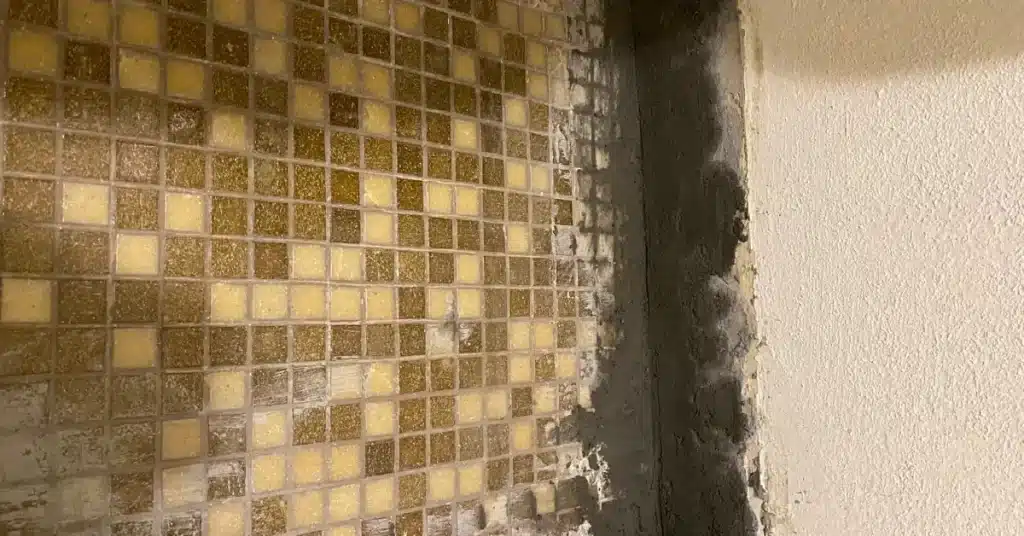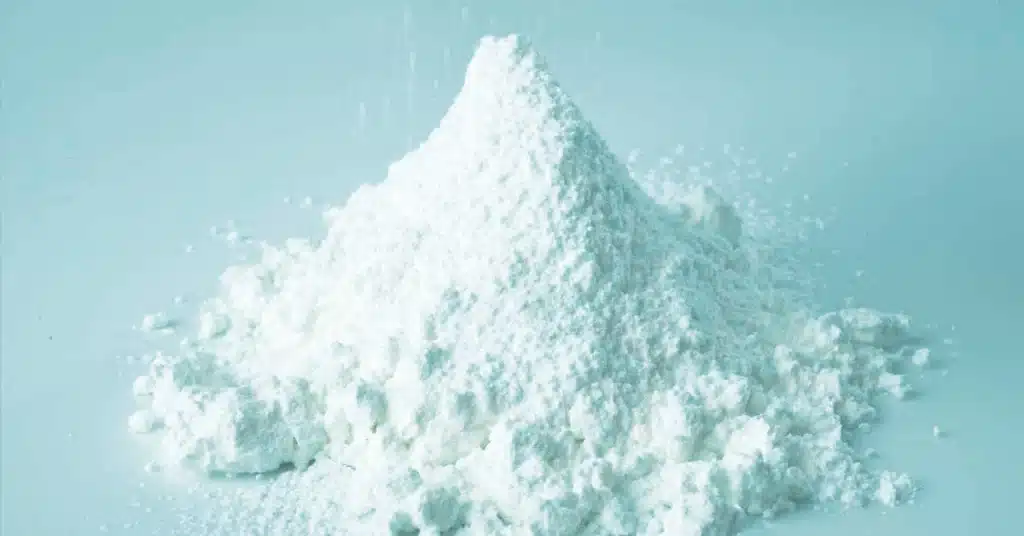Building materials like cement come in different types and formulations. You’ve got to choose your cement carefully when it comes to construction. There are two types of cement most commonly used: Portland cement and Masonry cement.
Masonry cement is a specialized cement designed for use in masonry construction. In contrast, Portland cement is a general-purpose hydraulic cement that can be used for various construction purposes.
Here, In the battle between Masonry Cement Vs. Portland Cement, I will help you to find a solution for your next project.
Read More: Masonry Adhesive vs. Mortar
Masonry Cement Vs. Portland Cement

What is Masonry Cement?
Masonry cement is a special kind of blended cement designed for use in masonry construction. It’s made by blending Portland cement with hydrated lime and sometimes other additives like air-entraining agents or plasticizers.
While it has lower compressive strength than pure Portland cement, masonry cement is easier to handle and more workable. It’s used to make mortar – a paste that binds bricks, blocks, stones, and other masonry units together.
What is Portland Cement?
Portland cement is the most basic and versatile type of cement. It’s used in a variety of cementitious materials, including concrete, mortar, stucco, and grout. It’s made by heating limestone, clay, and other raw materials in a kiln and then grinding them into a fine powder.
When mixed with water, sand, and aggregates, Portland cement forms concrete – a strong and durable structural material used for foundations, slabs, columns, and beams.

Read More: Masonry Cement Vs. Mortar Cement
Differences Between Masonry Cement and Portland Cement
The key difference between masonry cement and Portland cement lies in their composition and purpose. Masonry cement contains more lime and additives than Portland cement, which gives it better plasticity and adhesion properties. As well as being softer and more flexible than Portland cement, it is suitable for masonry work.
Portland cement, however, contains more clinker than masonry cement, which gives it greater strength and setting properties. Additionally, it is more rigid and hard than masonry cement, making it more suitable for concrete work.
Masonry cement has a lower compressive strength than pure Portland cement, making it less suitable for structural applications. This makes it ideal for use in mortar for masonry units because it is more workable and easier to handle.
Masonry cement and Portland cement also perform differently under various conditions. Masonry cement mortars have lower compressive strength but higher tensile strength and resistance to cracking than Portland cement mortars. They also resist sulfate attack and freeze-thaw cycles better than Portland cement mortars.
However, Portland cement mortars are more resistant to carbonation and alkali-silica reaction than masonry cement mortars.
Which Cement Should You Use? Masonry Cement or Portland Cement?
Your project requirements will determine which type of cement you need. Masonry cement is ideal for making mortar with good workability and durability that can bond masonry units together. Portland cement is ideal for making concrete that is strong and durable enough to support structural loads.
To choose the right type of cement for your project, you should consider the following factors:
- The type of masonry or concrete work you are doing.
- The environmental conditions and exposure of your project.
- The desired appearance and finish of your project.
- The availability and cost of the materials.
Is Portland Cement Stronger Than Masonry Cement?
However, masonry cement has higher bond strength, which means it can adhere better to the masonry units and resist separation.
Why Is It Called Portland Cement?
Can You Use Portland Cement for Masonry?
What is masonry cement used for?
Last Opinion
Ultimately, it’s essential to remember that Portland cement and masonry cement have their own unique properties and uses. So, when starting a project, make sure to pick the right type of cement based on what you need it to do.
Masonry cement is great for creating mortar that can hold masonry units together while being easy to work with and long-lasting. Portland cement is perfect for making concrete that can support heavy loads with its high strength and durability.
Hopefully, by reading this comparison between Masonry Cement Vs. Portland Cement, you can now find the right type of cement that suits your needs.

